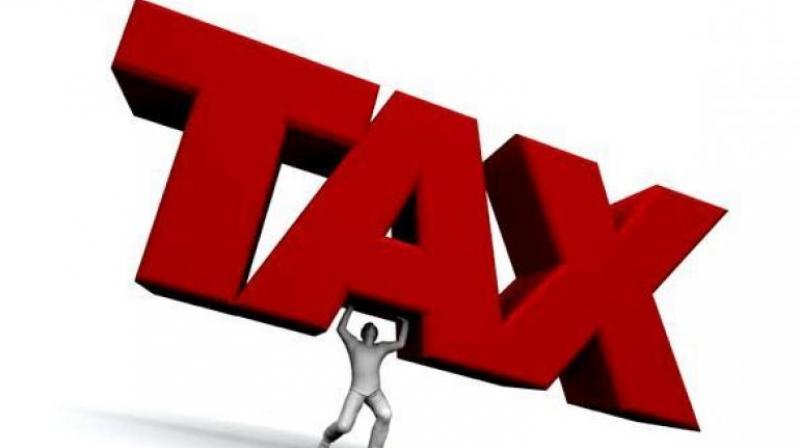Tax matters: No advance tax for elderly

I am a 75 years old retired person, without any pension. My income sources are rental income and interest on deposits. Am I eligible for additional Rs 40,000 standard deduction in addition to usual Rs 1,50,000 under Section 80C for the next financial year.
JOSE, Via email
The standard deduction proposed in the Union Budget 2018 by finance minister Arun Jaitley is applicable for salaried employees only. The amount received as pension by the retired employees will also be eligible for claiming the proposed deduction of Rs 40,000 for the financial year 2018-19. However, as your total income does not include any income derived under the head “Income from Salaries”, you cannot claim the standard deduction. It is pertinent to note that a new Section 80TTB is introduced wherein a senior citizen can claim a total deduction of Rs 50,000 from any income by way of interest on deposits with:
(a) A banking company
(b) Co-operative society engaged in carrying on the business of banking
(c) Post office
I know that Long-Term Capital Gains can be deposited in specified banks apart from REC and NHAI bonds to save income-tax under Section 54EC. Are there any other institutions or banks, where I can invest to save on tax?
Tharun, Hyderabad
The tax on LTCG can be saved by investing in Capital Gain bonds of NHAI or REC specified under Section 54EC of Income-Tax Act within six months from the date of sale of the asset or by investing the sale proceeds/ LTCG in a residential house. If the amount is not invested before the due date of furnishing the return of income, the unutilised amount needs to be deposited in a specified bank or institution under “Capital Gains Account Scheme”, which may be withdrawn later for the purpose of purchase or construction of the residential house within the specified time.
I am writing to you on behalf of my mother. My mother is a senior citizen. Her source of income is family pension and interest on fixed deposits. Please advise if she has to pay advance tax. I have checked on the internet about this subject but the information is confusing. Could you please help us with this information?
Dinesh, Vijayawada
(A) Section 207 of the Income-Tax Act provides that advance tax need not be paid if an individual resident Indian in the following conditions:
If he does not have any income chargeable under the head “profits and gains of business or profession”; and
If he is of the age of 60 years (senior citizen) or more at any time during the previous year.
The above two points imply that if a senior citizen does not have any business income or any professional income during a financial year, then he need not pay any advance tax. If any income is derived by a senior citizen through interest on term deposits, rental income on properties or pension income etc which are covered under various non-business heads of income, such income does not attract the provisions of advance tax. Senior citizens need to pay their taxes due anytime before filing their income tax return on self-assessment basis in case the tax payable is higher than the tax deducted from interest income, rent etc. A senior citizen is liable to pay taxes when his/her total income exceeds Rs 3 lakh for the financial year 2017-18.
(The writer is a Hyderabad-based CA. Queries can be sent to info@rathiandmalani.com)

